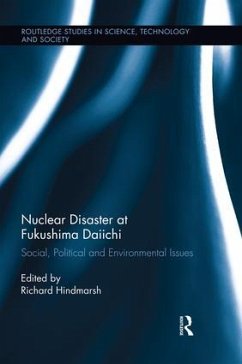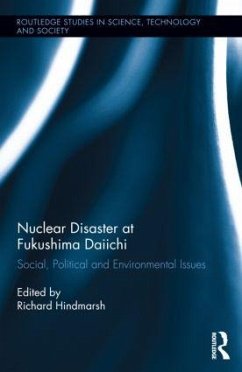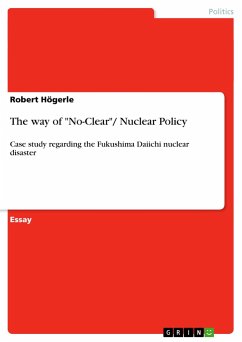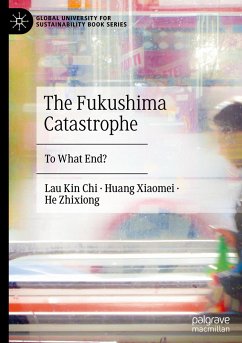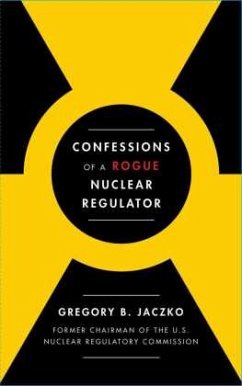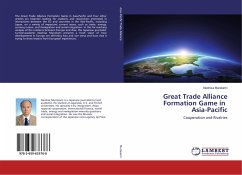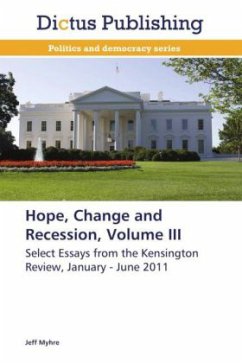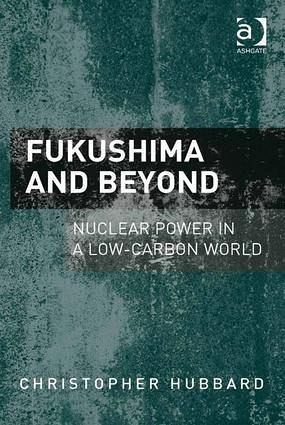
Fukushima and Beyond
Nuclear Power in a Low-Carbon World
Versandkostenfrei!
Versandfertig in 1-2 Wochen
168,99 €
inkl. MwSt.
Weitere Ausgaben:

PAYBACK Punkte
84 °P sammeln!
In light of the Fukushima-Daiichi nuclear accident of 2011 the prospect of including or excluding nuclear power in a low-carbon twenty-first century world is now increasingly critical. It is in this emerging scenario and context that this book presents a full suite of historical, contemporary and projected data. Its use of complementary and comparative country-based case studies provides ample opportunity for developing strongly illustrative analysis of policy effectiveness in diverse polities and markets. In this way, it combines clear, comprehensive and rigorously science-based evidence, ana...
In light of the Fukushima-Daiichi nuclear accident of 2011 the prospect of including or excluding nuclear power in a low-carbon twenty-first century world is now increasingly critical. It is in this emerging scenario and context that this book presents a full suite of historical, contemporary and projected data. Its use of complementary and comparative country-based case studies provides ample opportunity for developing strongly illustrative analysis of policy effectiveness in diverse polities and markets. In this way, it combines clear, comprehensive and rigorously science-based evidence, analysis and interpretation of data, all leading to conclusions and policy recommendations.






